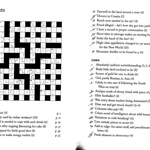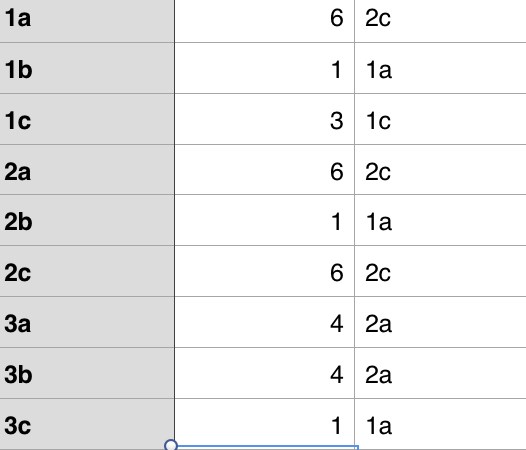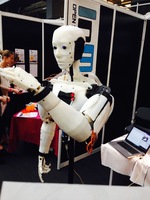Some Principals and Headteachers think that a good way around the problem of teaching computing is to not worry about whether teachers have subject knowledge at all. “All we need are facilitators”, they say, “while the kids can teach themselves and each other.” This is, as any teacher knows (or should know), easy to say, less easy to do, and not altogether the most desirable thing to do even if you can do it. However, just in case your school happens to be “led” by one of the aforementioned Headteachers, here are some arguments you may want to use. I think that any one of them should suffice, and all of them together make for a cast-iron case.
Read MoreI like a challenge so I thought I’d try to create a self-marking spreadsheet in Excel. (Look, some men like fast cars, some like sport, and some like womanising. Me? I like spreadsheets. OK?)
I was inspired to have a go at this by someone called Lee Rymill, who uploaded a self-marking spreadsheet to the CAS resources area. However, I wanted to take it a few steps further…
Read More I had the pleasure of attending a summit at the Royal Society of Arts last week. Entitled Skills for the 21st Century Summit, the event was designed to launch the “Year of Code” with as much razzmatazz as could be mustered.
I had the pleasure of attending a summit at the Royal Society of Arts last week. Entitled Skills for the 21st Century Summit, the event was designed to launch the “Year of Code” with as much razzmatazz as could be mustered.













